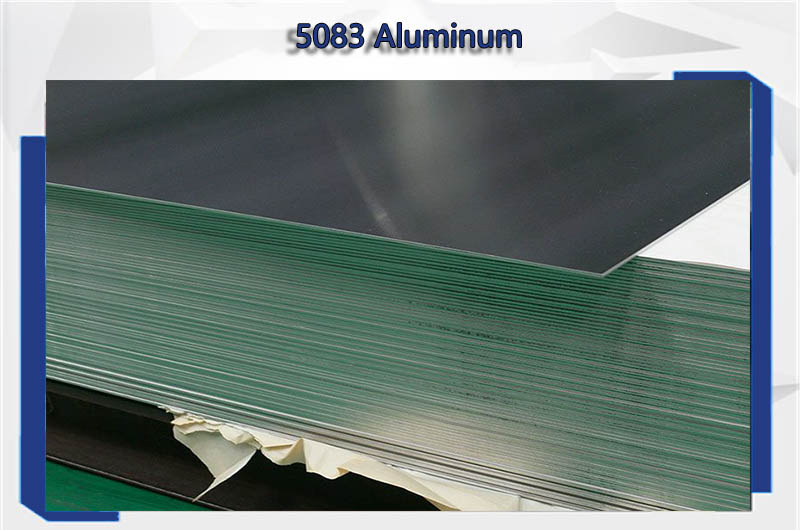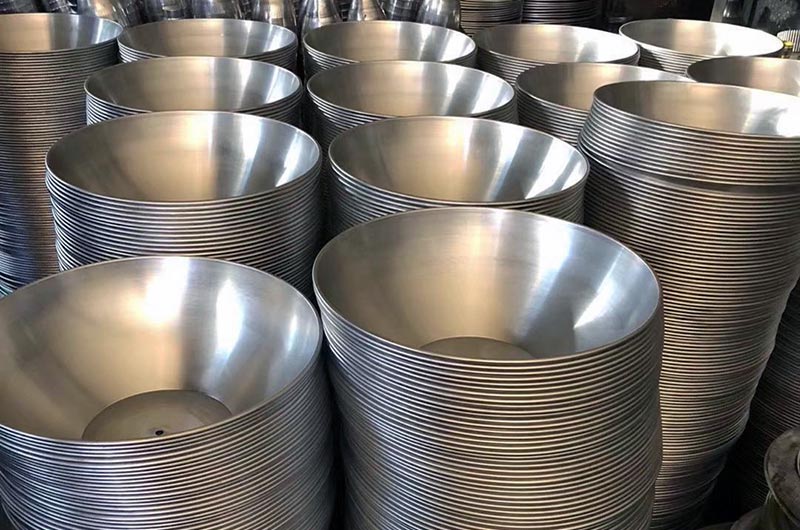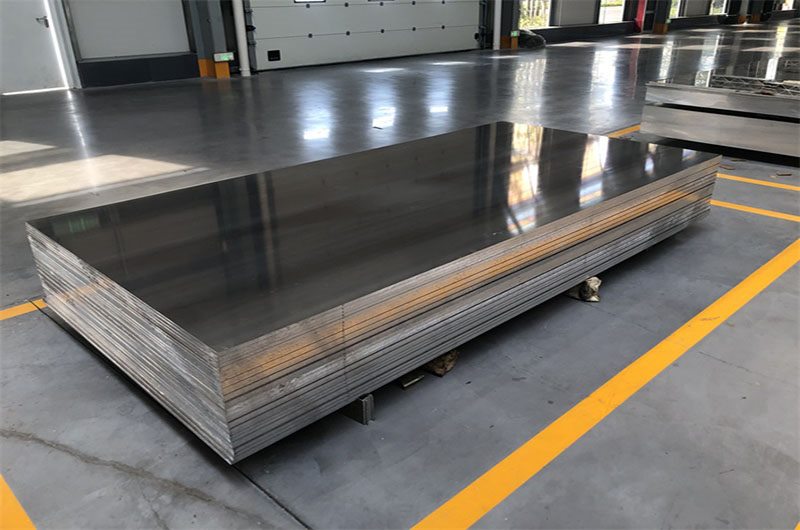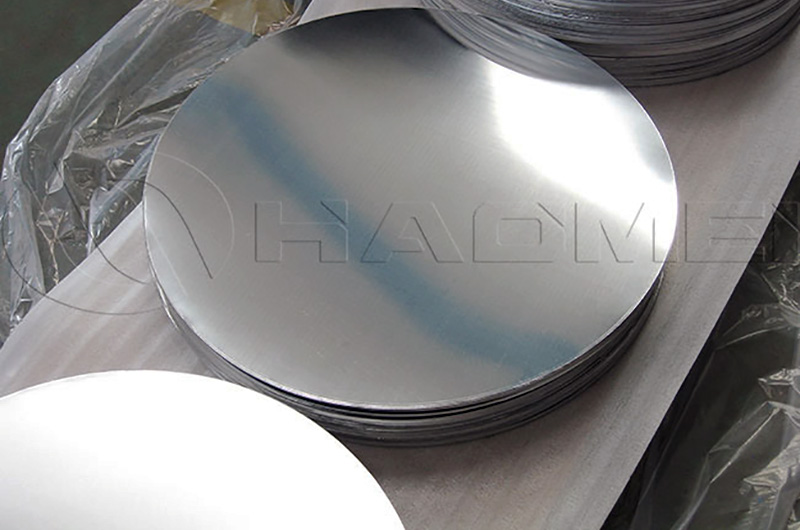- Types of Tanker Trailers
- Choose right Aluminum Alloy for Tanker Trailers Body
- Considerations for Different Cargo Types
- Conclusion
Answer: Not all oil tank trailers carry liquids, as they are designed to transport various types of goods.
Tanker trailers are a ubiquitous sight on highways, transporting a wide range of goods across vast distances. While many people associate tanker trailers with liquid cargo, it's essential to recognize that these trailers serve a broader purpose.
Not all tanker trailers carry liquids, as they are designed to transport various types of cargo, each with its own set of challenges and considerations.
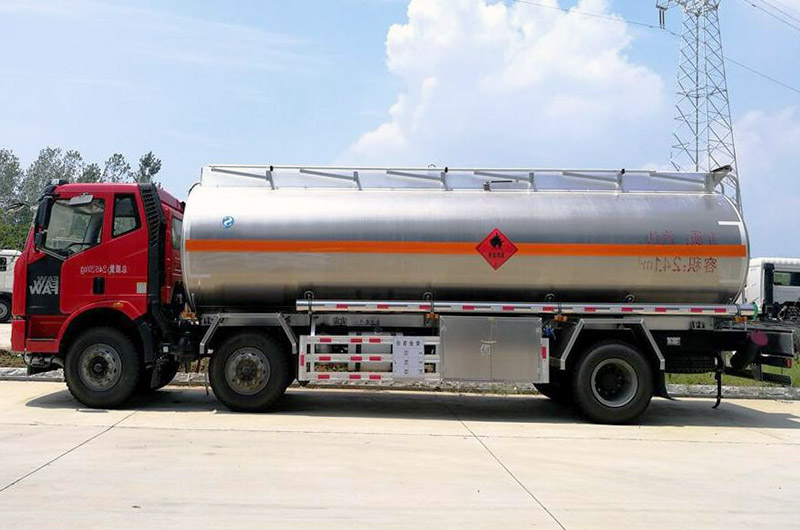
Types of Tanker Trailers
Liquid Tankers
Liquid tanker trailers are perhaps the most recognizable. These trailers are specifically designed to carry liquids in bulk quantities. Common examples include water, chemicals, fuels, and food-grade liquids. Liquid tankers come in various designs, such as single-compartment and multi-compartment trailers to transport different liquids simultaneously without cross-contamination.
Dry Bulk Tankers
Contrary to the liquid tanker, dry bulk tanker trailers transport free-flowing, granulated, or powdered materials in bulk. These materials can include cement, flour, sand, and other dry commodities. The trailers are equipped with specialized hoppers and a pneumatic system to unload the cargo efficiently.
Pressurized Tankers
Some tanker trailers are designed to transport pressurized gases or liquids. These trailers have reinforced construction to withstand the internal pressure of the cargo. Common examples include propane, liquefied petroleum gas (LPG), and certain chemicals.
Refrigerated Tankers
Refrigerated or "reefer" tanker trailers are equipped with a cooling system to transport temperature-sensitive cargo. This type of tanker is commonly used for the transportation of perishable goods such as food products, pharmaceuticals, or chemicals that require a specific temperature range.
Bitumen Tankers
Bitumen tankers are designed to transport asphalt or bituminous products. These trailers are insulated and heated to keep the cargo in a flowable state during transport. Bitumen tankers play a crucial role in the construction industry.
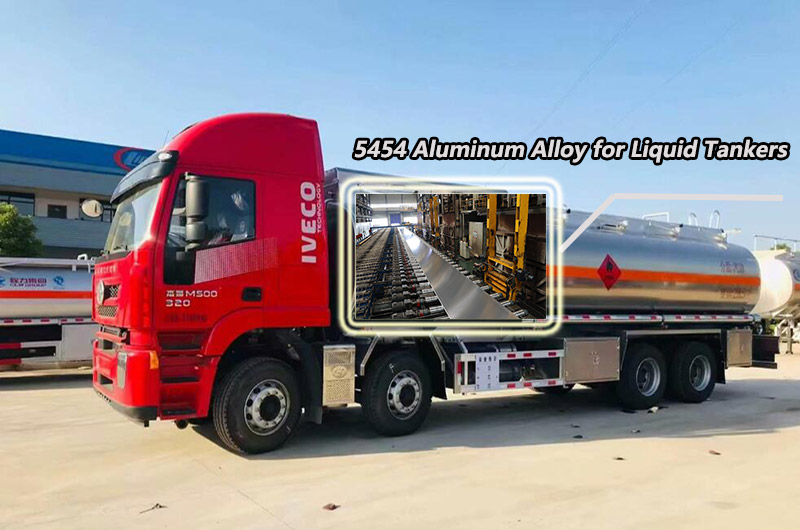
Choose right Aluminum Alloy for Tanker Trailers Body
The selection of aluminum alloy for the tanker body of different types of tanker trailers depends on various factors, including the type of cargo being transported, structural requirements, weight considerations, and corrosion resistance.
Here are some general guidelines for selecting aluminum alloys for different types of tanker bodies:
5454 Aluminum Alloy for Liquid Tankers
For liquid tankers, where the primary concern is corrosion resistance, aluminum alloy 5454 is commonly used. This alloy has excellent corrosion resistance and is suitable for transporting water, chemicals, fuels, and food-grade liquids.
5083 5454 Aluminum Alloy for Dry Bulk Tankers
Dry bulk tankers, which transport granulated or powdered materials, can benefit from alloys such as 5083 or 5454. These alloys offer a good balance of strength and corrosion resistance. The choice may also depend on specific requirements and regional standards.
5083 Aluminum Alloy for Pressurized Tankers
Pressurized tanker trailers need to withstand internal pressure, and for such applications, aluminum alloy 5083 is often chosen. This alloy provides high strength and excellent resistance to corrosion, making it suitable for transporting pressurized gases or liquids.
5083 Aluminum Alloy for Refrigerated Tankers
For refrigerated or "reefer" tanker trailers, aluminum alloy 5083 is a common choice due to its good combination of strength and corrosion resistance. The alloy should also be compatible with the cooling system used in the tanker.
5454 Aluminum Alloy for Bitumen Tankers
Bitumen tankers require materials that can withstand high temperatures and maintain the cargo in a flowable state. Aluminum alloy 5454, with its good high-temperature strength and corrosion resistance, is often used for bitumen tanker bodies.
Aluminum alloys are chosen for their lightweight nature, corrosion resistance, and durability. It's essential to consider the properties of the alloy in relation to the specific requirements of the cargo and the environmental conditions the tanker will face during transportation.
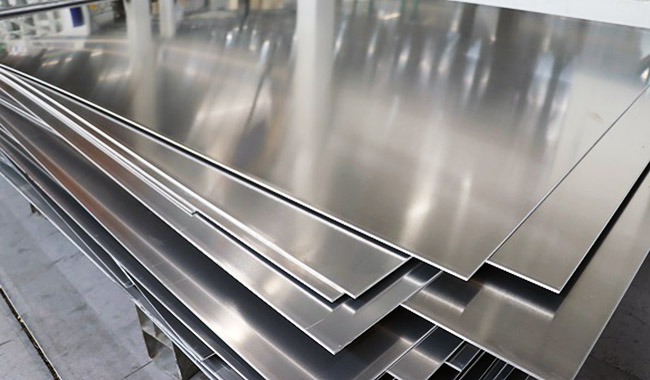
Considerations for Different Cargo Types
1. Weight Distribution
Different cargo types have varying densities and weight distributions. Trailer design must account for these factors to ensure safe and stable transportation.
2. Material Compatibility
Cargo compatibility is crucial to prevent contamination or reactions between different materials. Liquid tanker trailers, especially, must be thoroughly cleaned between loads to maintain product integrity.
3. Safety Regulations
Each type of tanker trailer is subject to specific safety regulations. For example, transporting hazardous materials requires adherence to stringent guidelines to protect both the cargo and the environment.
4. Loading and Unloading Processes
The loading and unloading processes vary significantly based on the type of cargo. Dry bulk tankers use pneumatic systems, while liquid tankers may rely on gravity or pumps.
Conclusion
Tanker trailers are a diverse category of vehicles, designed to meet the unique requirements of different types of cargo. While liquid tankers are a common sight on the road, the world of tanker trailers extends far beyond liquids, encompassing dry bulk, pressurized gases, temperature-sensitive goods, and more.
Understanding the specific needs and considerations for each type of tanker is crucial for ensuring the safe and efficient transportation of goods across the globe.
Informations you may be interested in:

